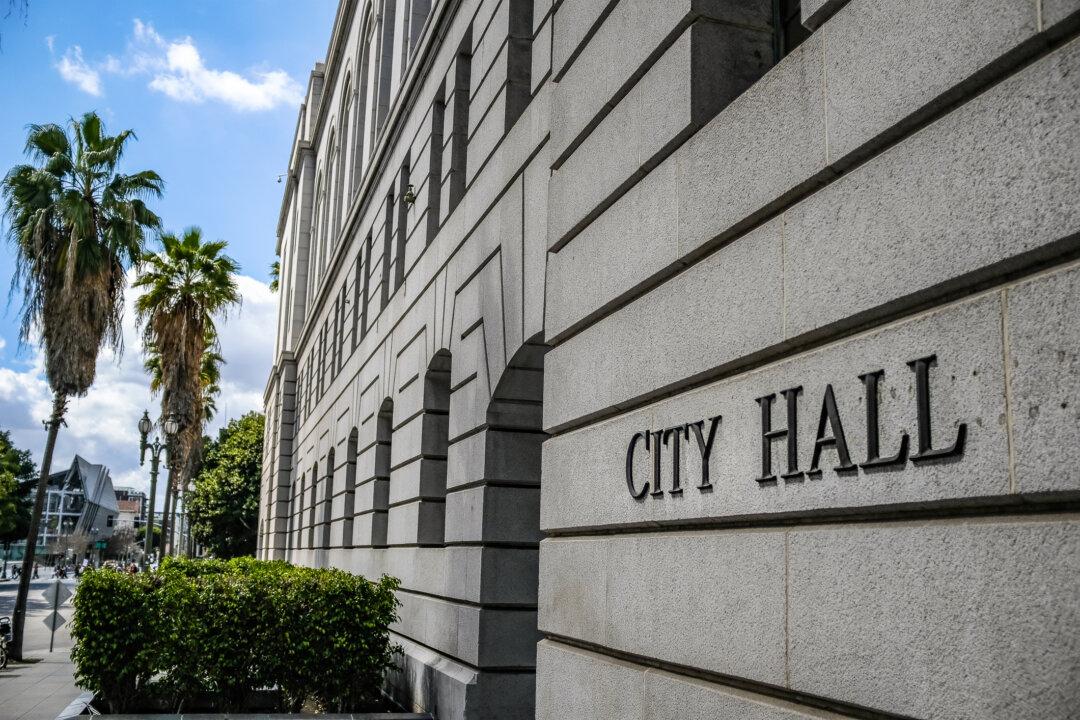The Los Angeles City Council is preparing the city to receive federal funds from the pending $1.2 trillion infrastructure bill, which could allocate money to projects that could impact the future of the city’s transportation and create thousands of jobs for Angelenos.
The U.S. Senate passed the infrastructure bill on Aug. 10 after months of debate between parties and will move onto the Democratic-controlled House before it can reach the president’s desk for final approval; Pelosi reportedly promised Democrats that the House would consider the bill before Sept. 27.





